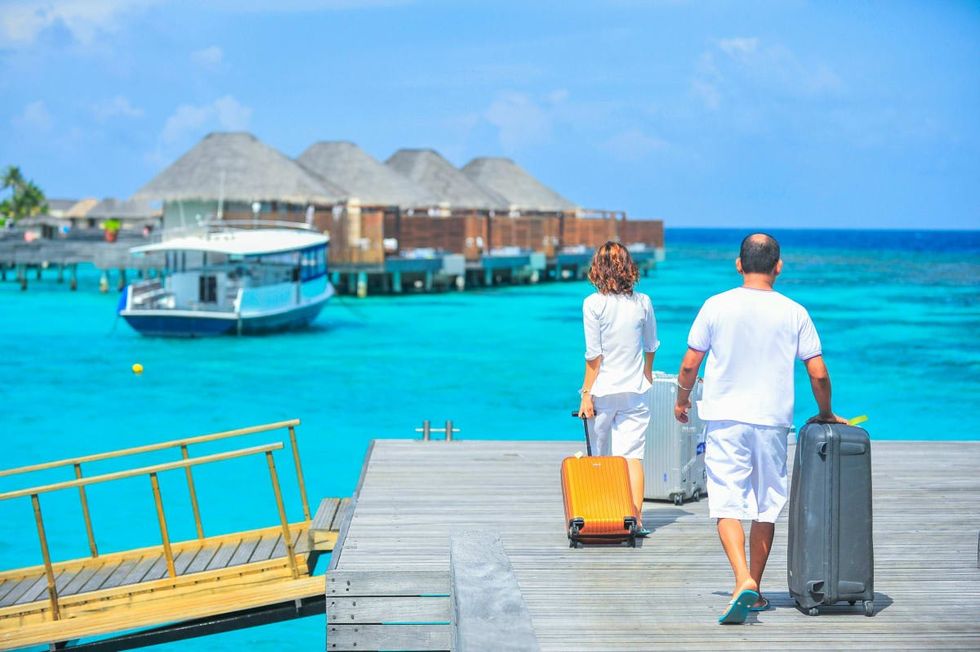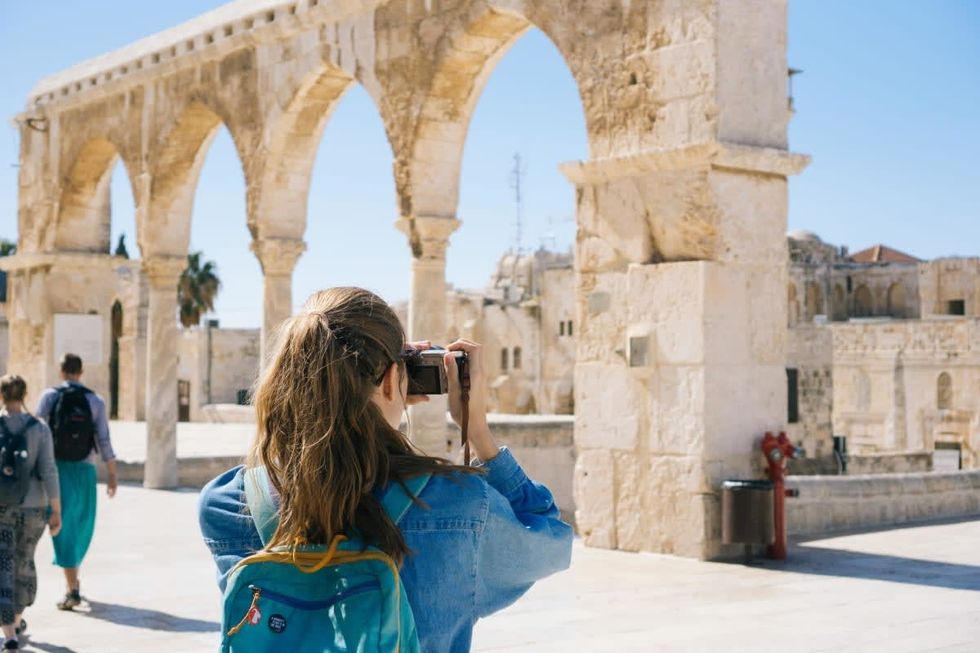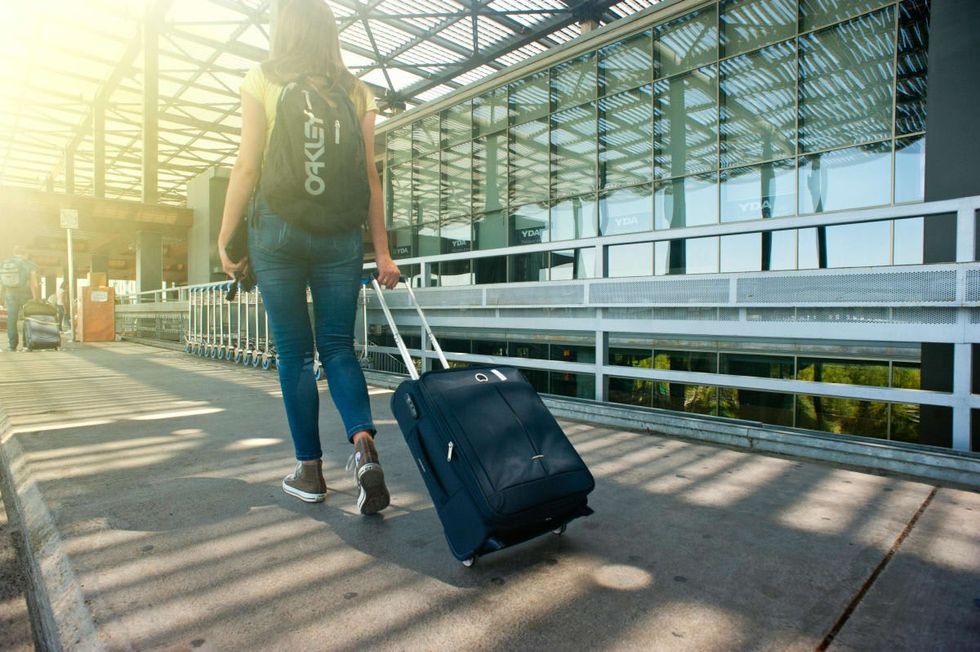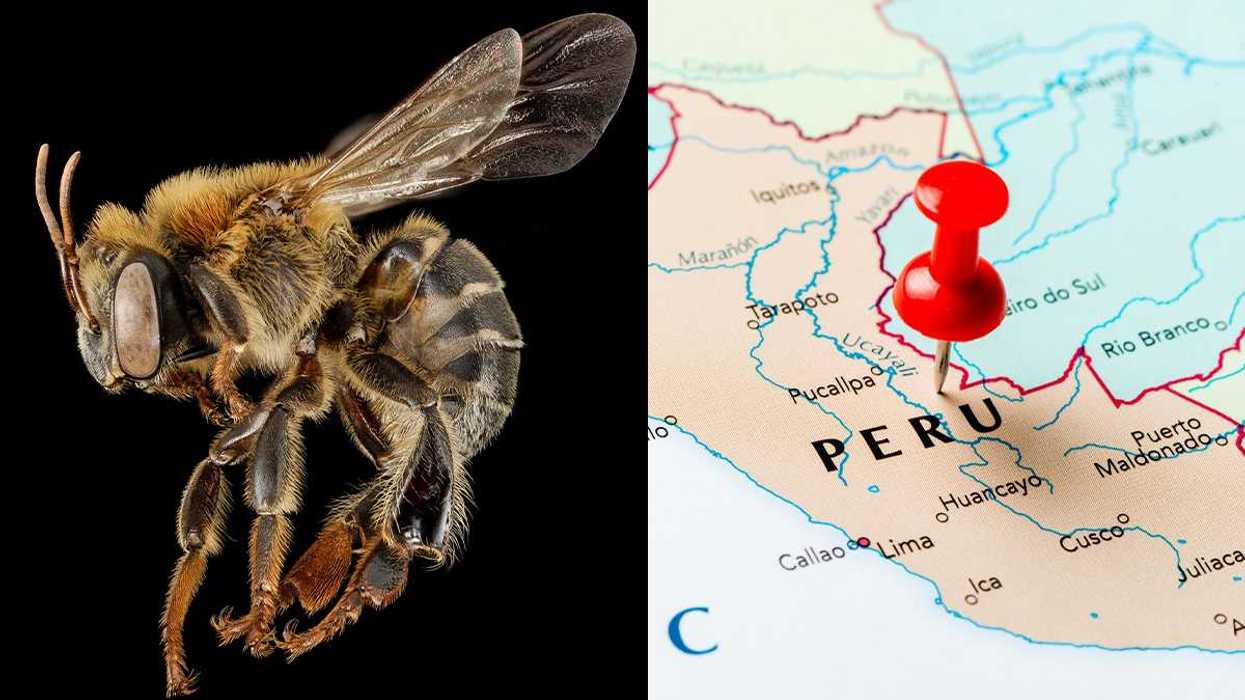Millions of people worldwide love to travel, finding the thrill of exploring the planet's wonders unmatchable. It's also tranquilizing to unplug from life's bustle and relax at a scenic spot. But there’s a catch. Should one go on a “trip” or a “vacation”? For most Americans, a "trip" and a "vacation" are not the same things. According to a recent survey, 80% of travelers believe that the meaning of a “trip” is far different than that of a “vacation.”

The survey was conducted on 2,000 American adults who had leisure travel plans for the 2024 summer. The research was commissioned by Motel 6 in collaboration with the market research company OnePoll. The results of the survey are published in a Dropbox paper.
According to the results, a little more than half of the respondents who believe that there’s a difference defined "vacation" as “travel for the purpose of relaxation.” Whereas, 32% said a "trip" is for a purpose like that of an event, and 30% said a "trip" is defined as simply getting out of their hometown. 30% of these respondents expressed that getting out of the city or town can be called a "trip" while 17% voted it as a "vacation." When it comes to “traveling for relaxation,” 16% said it is a "trip," while 53% labeled it as a "vacation."

The survey also revealed a stunning connection with the time people spend during their travels, which determines whether it is a trip or a vacation. For instance, 14% of respondents claimed that spending more than three days away from home is called a "trip," whereas 36% argued that it is a "vacation." Other responses defined a vacation as "completely disconnecting from work."

Of all the respondents who accepted the difference between trip and vacation, 71% said they could be in “vacation mode” less than 500 miles from home whereas 24% need to be more than 500 miles away from home to feel fully relaxed.

Apart from the striking revelation about what people think about trips and vacations, the survey also noted several other conclusions related to people’s travel habits. For example, nearly 4 in 5 Americans love to travel through driving. 77% of people think that driving makes the experience of travel much more enjoyable. 60% of people reported that they prefer to travel by car while 55% said they prefer to travel by airplane and only 8% prefer to take trains.
While the adventure is in the journey, the survey revealed that most people find joy in arriving at the hotel or destination, marking the start of their "vacation." When it comes to budget, 87% of travelers said that cost has a major impact on travel plans. While 40% noted they look for discount codes or deals to offset the prices, nearly a quarter noted that they liked to plan their travels well in advance.

The study also explored lodging preferences, traveling with pets, and music availability. All in all, it is pretty evident that people have differing opinions on what can be called a "vacation" and a "trip."






















 There are plenty of low or no-cost date ideas.Canva
There are plenty of low or no-cost date ideas.Canva Couples can energize their relationship by finding bonding moments that reignite their wonder.Canva
Couples can energize their relationship by finding bonding moments that reignite their wonder.Canva

